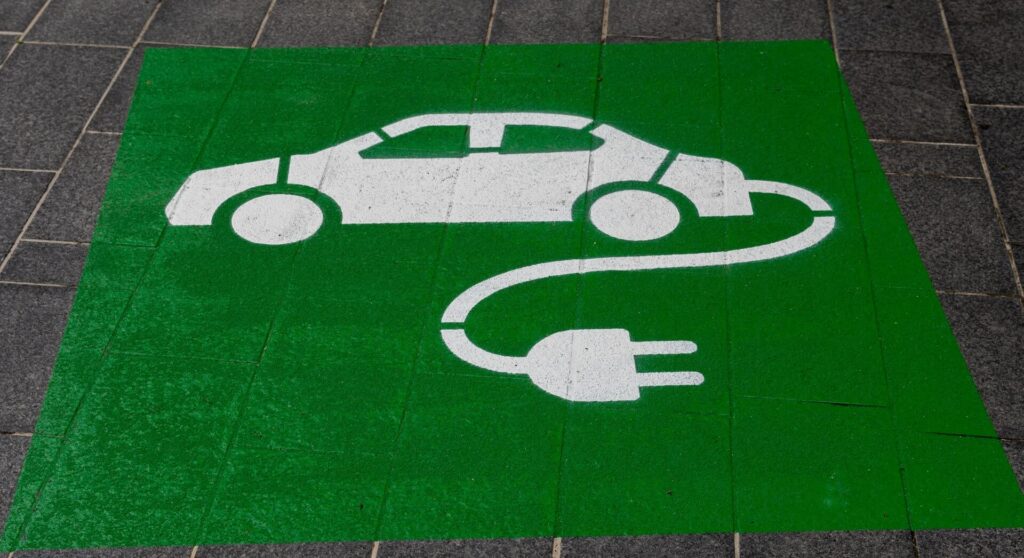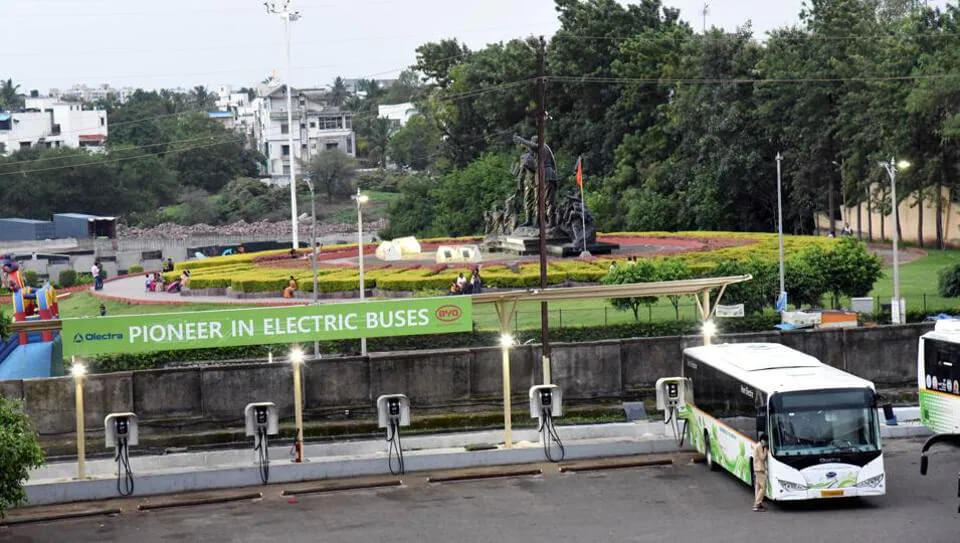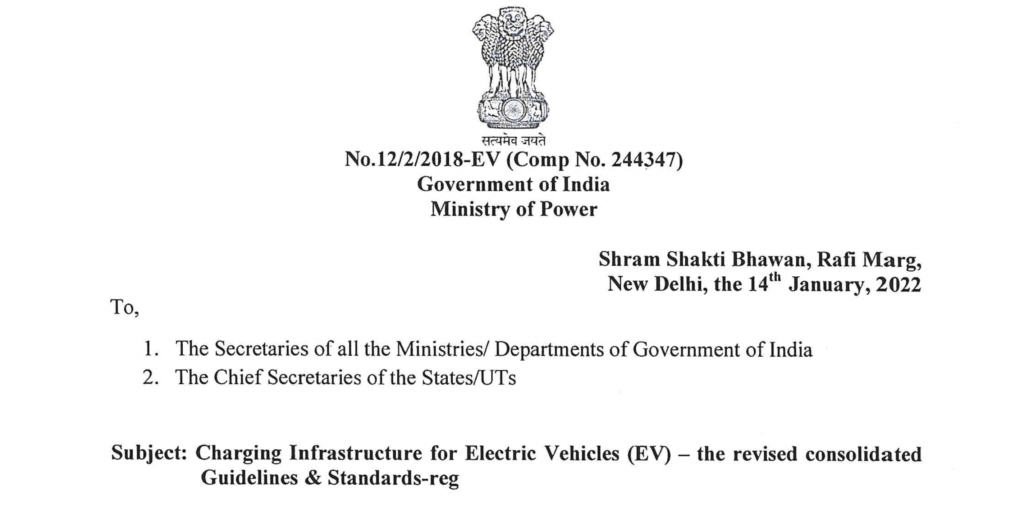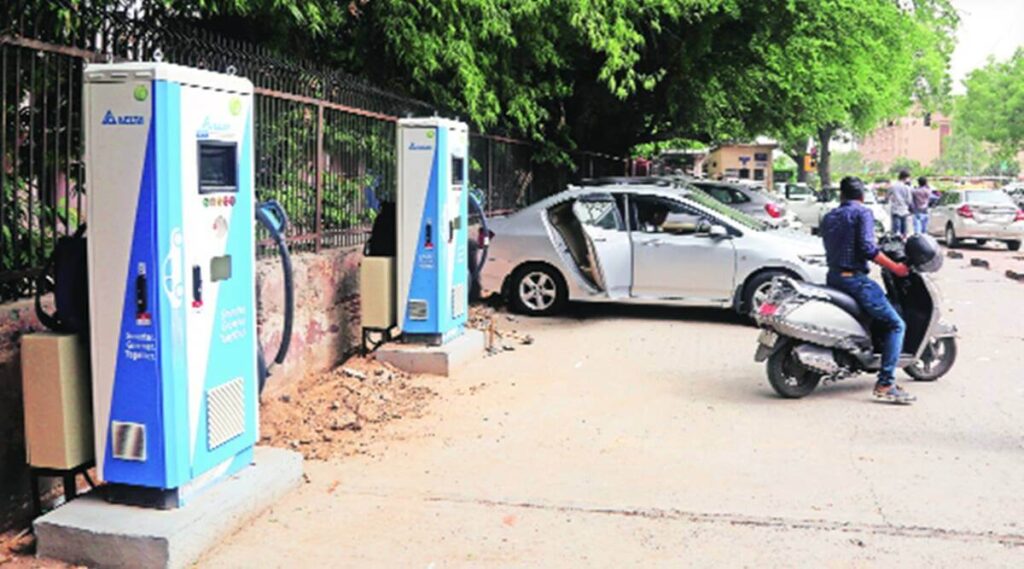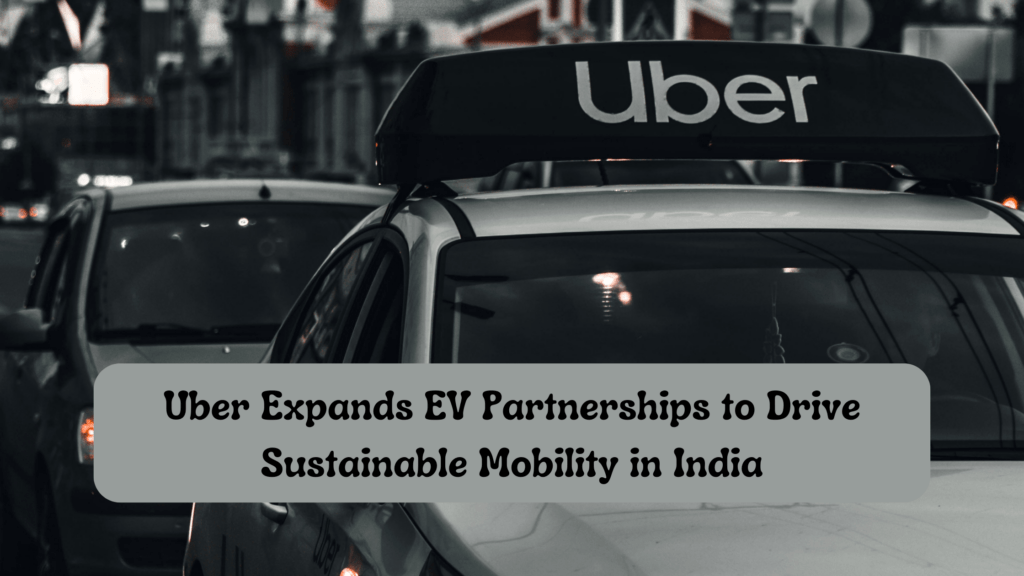
Uber partners with EV makers in India to accelerate sustainable mobility, deploying 25,000 electric cars and 10,000 two-wheelers. Uber Green is launched in major cities, prioritizing India’s electrification momentum. By joining forces with key stakeholders and investing in infrastructure, Uber aims to drive the adoption of EVs and provide eco-friendly mobility options to passengers across major Indian cities. The company aims to become a zero-emission mobility platform globally by 2040.
Uber Expands EV Partnerships to Drive Sustainable Mobility in India
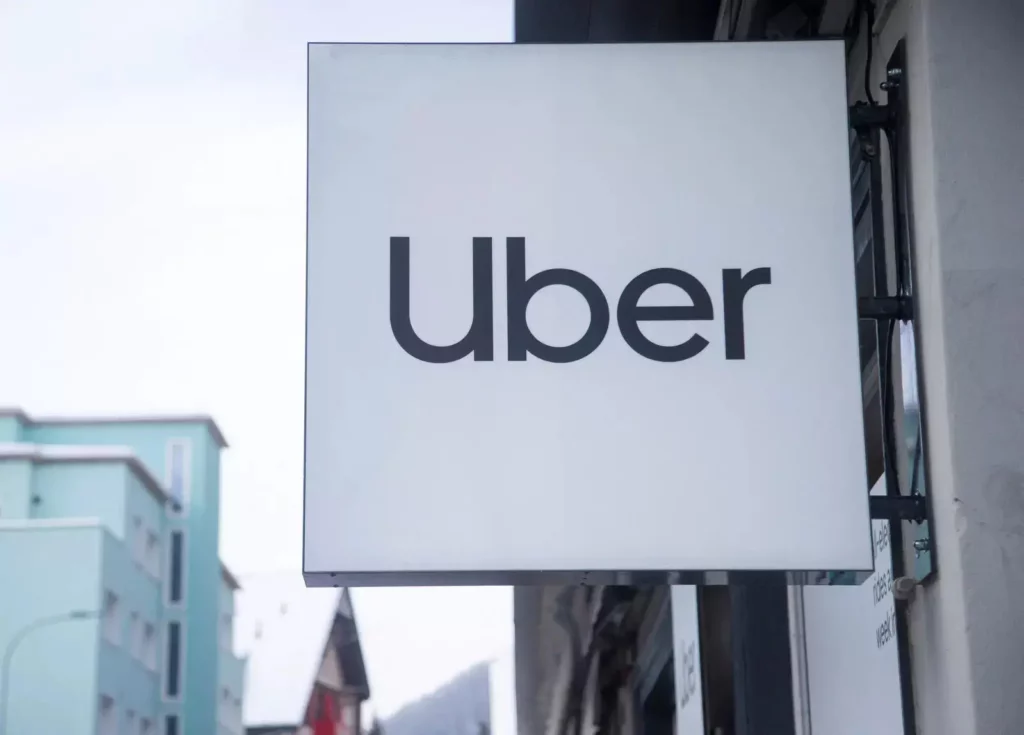
Uber has taken a significant step towards sustainable mobility in India by partnering with electric vehicle (EV) makers and entities. The company has extended its collaboration with EV fleet partners Lithium Urban Technologies, Everest Fleet Pvt Ltd, and Moove, with the goal of deploying 25,000 electric cars on the Uber platform within two years.
In addition, Uber has joined forces with Zypp Electric to introduce 10,000 EV two-wheelers in Delhi by 2024. To support this initiative, the company has secured Rs 1,000 crore in financing through a partnership with SIDBI. Furthermore, Uber has partnered with BP through Jio-bp and GMR Green Energy to offer fast-charging infrastructure for its EVs.
Starting in June, Uber will launch Uber Green in Delhi, Mumbai, and Bengaluru, allowing passengers to request rides in zero-emission electric vehicles. Uber Green is already available in over 100 cities across 15 countries, establishing itself as a leading on-demand mobility solution for eco-friendly transportation.
Andrew Macdonald, Senior Vice President of Uber, highlighted India’s importance in their commitment to electrify every ride on the platform by 2040. Macdonald emphasized the company’s determination to collaborate with cities and governments in addressing climate change and pollution through sustainable mobility.
Prabhjeet Singh, Uber India and South Asia President, acknowledged the challenges associated with transitioning to EVs and emphasized that the economic burden should not be shouldered by drivers alone. Singh expressed support for the industry-leading partnerships, which aim to assist drivers in adopting EVs and drive the sustainable transition in the ride-sharing industry of India.
Uber operates in 70 countries and 10,000 cities worldwide. The company has committed to becoming a zero-emission mobility platform in Europe and North America by 2030, and globally by 2040. Already, Uber has significantly increased the number of electric vehicles on its platform, providing millions of riders with eco-friendly rides.
Through its partnerships, investments in infrastructure, and the introduction of Uber Green, Uber is making substantial progress towards its sustainability goals. The company aims to promote EV adoption, support drivers in the transition to electric vehicles, and contribute to a cleaner and more sustainable future of transportation in India and beyond.
